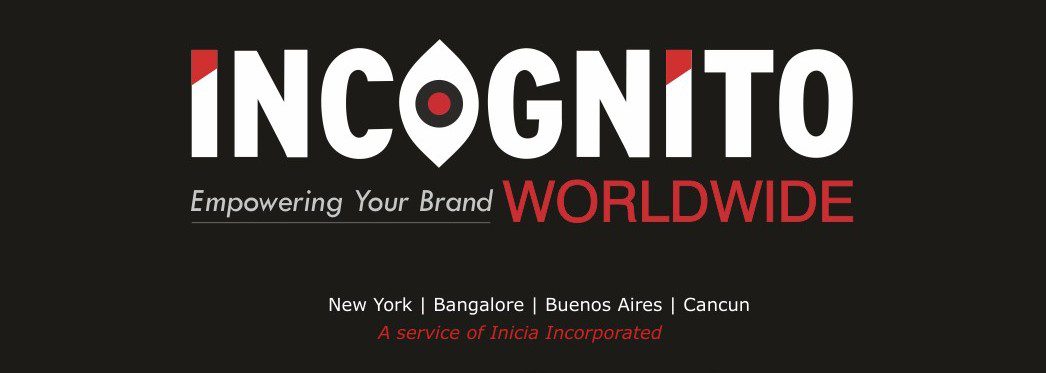Spamming and hacking are ongoing nuisances to website owners, but they can also be destructive. Hackers hack for many different reasons. Some are thieves trying to access your or your customers’ records, links, and passwords, which will lead them to banking information that they can exploit using the stolen information. So here are five security tips for your website.
Not all hackers are out to steal your data. Some are motivated by anarchy—they simply want to f*uck things up. With a mischievous nature, they want to see the world burn. It may sound melodramatic, but they are, in fact, out there, lurking in the hidden and dark cracks of cyberspace.
Whether robots are auto-posting to your site’s comments section or injecting more disruptive malware, effectively dealing with them costs time and money. If your site contains malware, Google will block it from loading with the infamous significant red page.
There are things that you can do to make your website more secure.
5 Security Tips for your Website
- Updates: Whether your site is built on WordPress, Joomla, Magento, Drupal, or any other open-source CMS framework, be sure to notice when it has an update. Many times, these releases contain software changes to enhance the framework’s security, but you have to install them. When you see a notice in your website dashboard saying a new version is available, just click the Update button.
- Passwords: There is a reason that many platforms insist on strong passwords; they are harder for hackers and robots to exploit. If your username is Bruce Blackwell, then using bblackwell, bruceb, or BruceB would not be a secure password. Always include uppercase and lowercase letters, try using something unrelated to your username, insert at least one symbol — $ ! @ & * — and a few numbers. A strong password for Bruce Blackwell would be Br**@e1980, for example. If you need to remember passwords, convert letters you’d remember, like BB, to numbers, and vice versa.
- Password Frequency, Redundancy, and Secrecy: Don’t use the same password for every login you have. Periodically change all your passwords. Never write your password down, anywhere. It’s gotten cliche that when the bad guy breaks into an office, they always find the password written on a note taped under the table, or inside a drawer. Don’t be a cliche!
- Secure Socket Layer (SSL): Secure socket layers are used by most larger websites, like Facebook, Twitter, and LinkedIn. It is represented by the ‘S’ in the URL string; HTTPS:/Facebook.com. A yearly registration for an SSL is usually $75 per year. If you’re hosted on our i2EZhost servers, contact us through the site and request the SSL. If you’re hosted on our IntechWebTools.com platform, call customer support at +1 (480) 624-2500, and they’ll take care of you.
Also, read the basic way to protect against email phishing
Add A Firewall: There are many firewall solutions, such as Incapsula, Stop the Hacker, or CloudFlare.
Need help?
Subscribe to our $50 monthly website health plan. We monitor your site and clear all unwanted comments, install all updates of the framework and plugins, scan for malware (and clean it and resubmit the site to Google if found). If you don’t want a monthly subscription, make a manual credit card quarterly payment of $150, and we’ll include and install SSL and a firewall.
Categories
Recent Posts
About us and this blog
We are a digital marketing company with a focus on helping our customers achieve great results across several key areas.
Request a free quote
We offer professional SEO services that help websites increase their organic search score drastically in order to compete for the highest rankings even when it comes to highly competitive keywords.
| | Thank you for Signing Up |


More from our blog
See all postsRecent Posts
- Why Local Brick-and-Mortar Businesses Must Have a Digital Front Door June 26, 2025
- Tips to Repurpose Print Marketing for the Digital World May 27, 2025
- Effective Entrepreneurs Get Stuff Done May 24, 2025









